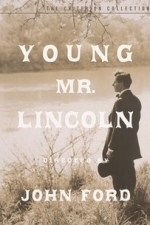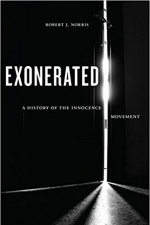Allison Anders recommended Young Mr. Lincoln (1939) in Movies (curated)
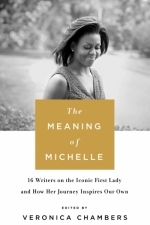
The Meaning of Michelle: 16 Writers on the Iconic First Lady and How Her Journey Inspires Our Own
Book
“Whenever I think about Michelle Obama, I think, ‘When I grow up, I want to be just like her. I...
Essays Politics social issues
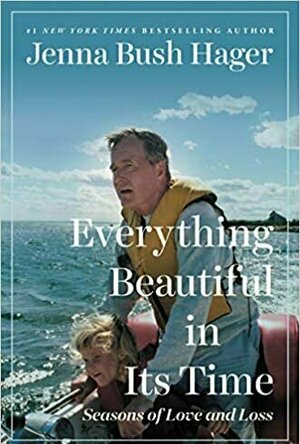
Everything Beautiful In Its Time
Book
To the world, George and Barbara Bush were America’s powerful president and influential first...
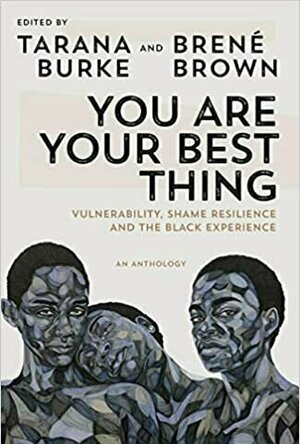
You Are Your Best Thing
Book
NEW YORK TIMES BESTSELLER - Tarana Burke and Dr. Brené Brown bring together a dynamic group of...
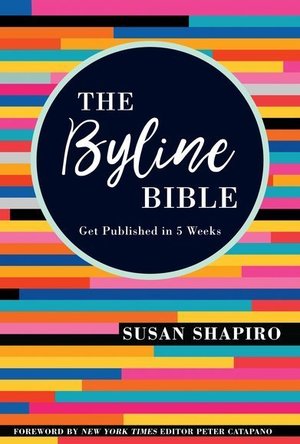
The Byline Bible
Book
Newspaper, magazine, and web editors are desperate for new voices and anyone, in any field, can...
Rachel (48 KP) rated Exonerated: A History of the Innocence Movement in Books
May 25, 2017
Halfway through the introduction I realised just how dry it was going to be. I recognised the structure of it from my university essays. When an introduction includes a brief synopsis of the chapters to come it is obviously good to be more of an academic study than a book you can sit down and get lost in!
And so it continued. Far too much time is dedicated to very dry details. For example, 10 pages are dedicated to a conference held in 1998 called The National Conference on Wrongful Convictions and the Death Penalty. Obviously this is an extremely important cause but it could either have been explained in 2 - 3 pages maximum or a lot more details about the exoneree's could have been added. This is actually the problem through out the book. Details of the exoneration's are sparse, usually with as little detail as "he was exonerated by DNA".
When the author, rarely, tells the story of someone he really comes to life. He has a voice that can put across the suffering and circustance of a person in a very warm and interesting way. Had there been more of that writing it could have been a spectacular book.
As the book was about the Innocence Movement itself I was not expecting some true crime book but, had the dates and figures been interspersed with case studies it would have been great. It would have been nice to know exactly how someone was wrongfully imprisoned and how they were exonerated. Had this been the case I would have given a much higher rating.
The author himself calls this work a study. Unless this book is to be marketed solely for academic purposes, which I am sure it isn't, then it should not BE a study. It should be an accessible book for all people interested in the subject to enjoy.
The author is obviously very passionate about this subject - hence 2 stars instead of 1 - yet passion alone does not make a book good.
MelanieTheresa (997 KP) rated Horror Stories: A Memoir by Liz Phair in Books
Feb 27, 2020
It's a memoir, I KNOW it's a memoir, but there's no cohesive narrative and it kind of drives me nuts. It reads more like a collection of essays detailing specific pieces of her life, and it jumps all over the place. More disappointing, however, is that she comes across as kind of an asshole. I could forgive that, because hey, listen, we were all kind of assholes in our youth, no? But she seems so completely self-centered, self-involved, and spoiled that it rendered some of this very hard to get through, especially as I'd been fangirling about this book for a long time. I wanted to read about a bad ass indie rock queen, not a jerk who cheats on her husband for no discernible reason, thinks that throwing money at a cultural misunderstanding (that she caused) will make it go away, and whines about how the cute stock boy she's flirting with at Trader Joe's is actually engaged.
That being said, one of the final stories in the book very much got to me: she's at a lecture with her aging parents, and she's noticing how many of the attendees have trouble getting around due to their age and mobility issues. One of the older gentlemen attempts to get up to go outside, and he ends up falling in front of everyone, repeating over and over (with tears in his eyes) how embarrassed he is. She sees this, and once the gentlemen is seated next to her, she goes out of her way to bolster him (tells him he "fell like an athlete," then asks if he ever was an athlete), and holds a conversation with him throughout the remainder of the lecture to get his mind off of the entire incident. This act struck me as so kind that it almost redeems her for everything else in the book. And that is how Liz Phair was nearly able to bring me to tears at the tail end of a fairly lackluster memoir.
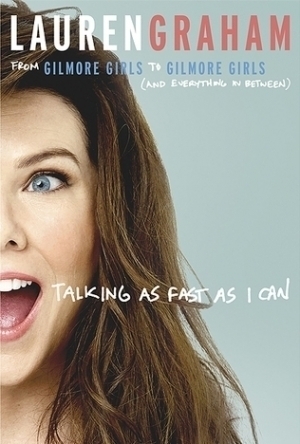
Talking as Fast as I Can: From Gilmore Girls to Gilmore Girls, and Everything in Between
Book
A NEW YORK TIMES BESTSELLER In this collection of personal essays, the beloved star of Gilmore Girls...
memoir celebrity

Interactive Governance for Small-Scale Fisheries: Global Reflections
Svein Jentoft and Ratana Chuenpagdee
Book
Drawing on more than 30 case studies from around the world, this book offers a multitude of examples...
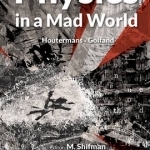
Physics in a Mad World
Book
This book tells captivating stories of misadventures of two renowned theoretical physicists in the...
